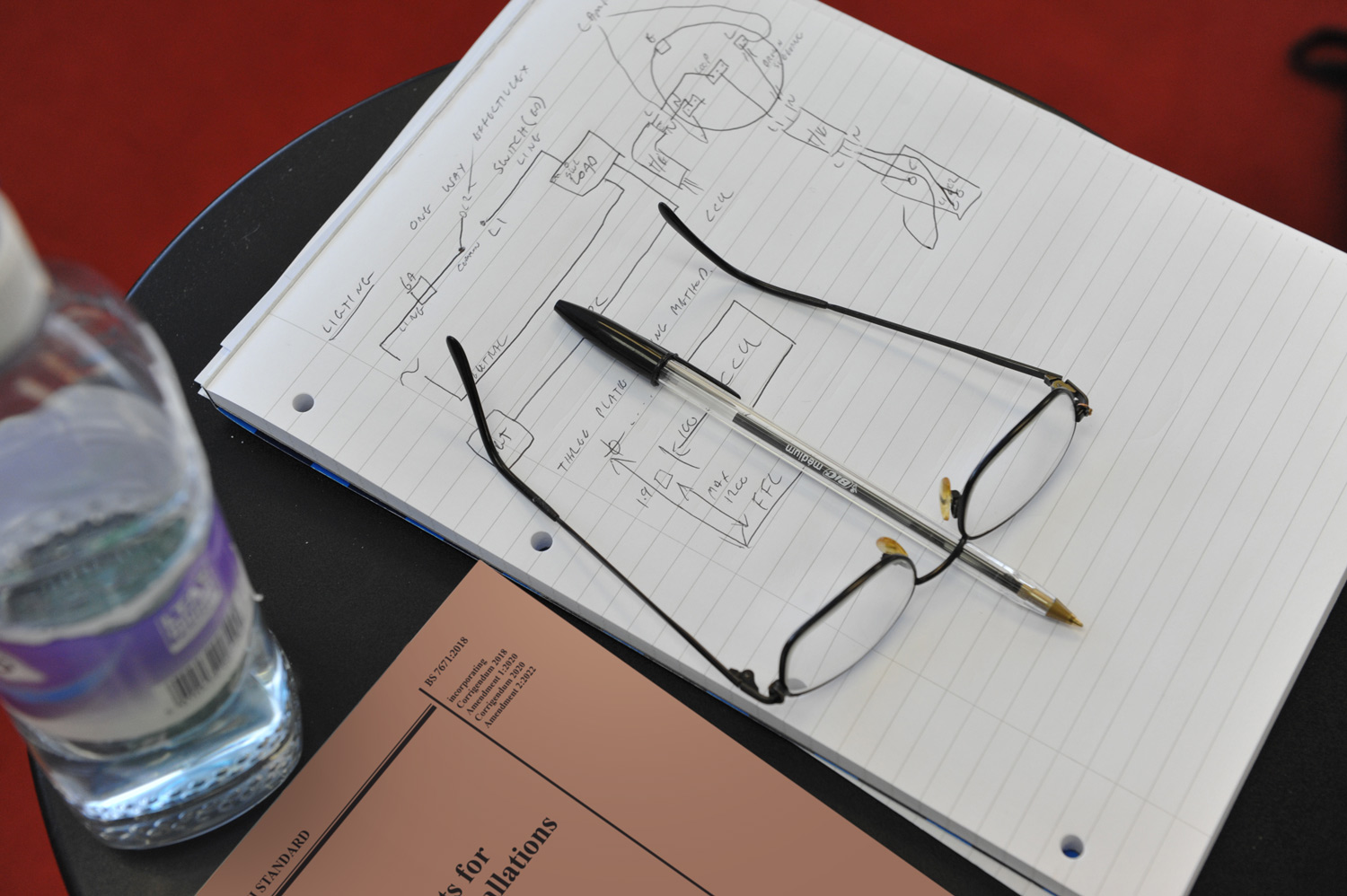The UK Government has announced that by 2025 all gas boilers in new builds will be replaced by renewable heating systems such as Heat Pumps, Heat Networks, and Electric radiators.
Heat Pumps
There are different types of Heat Pumps namely:
- Ground Source Heat Pump which extracts heat from the ground


- Air Source Heat Pumps which extracts heat from the air much like an air conditioning system in reverse


(Image – UK Green Energy)
- Water Source Heat Pumps which generate heat from water sources such as rivers.


The UK Government has announced this week that a grant will be made available for the installation of Heat Pumps from April 2022 to help homeowners move away and replace their gas boilers (source BBC News).
Octopus Energy state that for “every 1kWh of electricity you put in, you might get 3.5kWh of heat out, which is an efficiency of 350%. To compare that to a gas boiler, the very most efficient ones are only around 90% efficient, so for every 1kWh of gas you put in, you might get 0.9kWh of heat out, which is 4 x less efficient than a heat pump.”(Source Octopus Energy).
In terms of costs – Air Source Heat Pumps range from £4,000 to £8,000 and homeowners will need to factor in an additional £5,000 to £10,000 extra for installation which will depend on the size of the property and the type of installation required (source EDF Energy).
The main advantages of Heat Pumps are:
- Their energy efficiency
- Can be fitted in many different types of properties
The main disadvantages of Heat Pumps are:
- Very expensive installation costs
- The fan is quite noisy and could create noise pollution
- Air-to-air pumps do not heat water
Heat Networks
The Heat Networks work by supplying heat from a central source such as a power plant, and subsequently distribute it in the form of hot water or steam through a an underground pipe network (source Electric Radiators Direct).
Denmark has already successfully implemented an enormous Heat Networks of pipes under its towns and cities. Their system collects heat from the following sources: factories, incinerators, transport, power plants, solar and wind farms, gas and coal power stations. Together all these heat sources produce a low cost and highly efficient heat supply network (source The Guardian).
The UK Government has already been running pilot scheme to successfully increase the investment support for Heat Networks built. The pilot phase which ran for 6 months has already awarded £24m to 9 successful Local Authority in March 2017. More information on this is available on the Gov.Uk site.
Electric Radiators
Electric Radiators generate heat through convection in similar way as conventional heating systems. Filled with thermodynamic fluid which warms up when electricity passes through it, they dissipate long lasting heat.
The main downside? Running costs!
They are not cheap to run and electricity costs on average more than gas therefore homeowners can expect their electricity bill to increase following their installation. Manufacturers of electric radiators often boast that electricity is 100% efficient but their overall efficiency is low, because homeowners get less for their money (source The Green Age).
Get Qualified with Trade Skills 4U
To get qualified through our domestic electric and solar PCV package call our team on 0800 8564448 for more information. Alternatively, you can contact us via our website at this link https://www.tradeskills4u.co.uk/pages/enquire




















